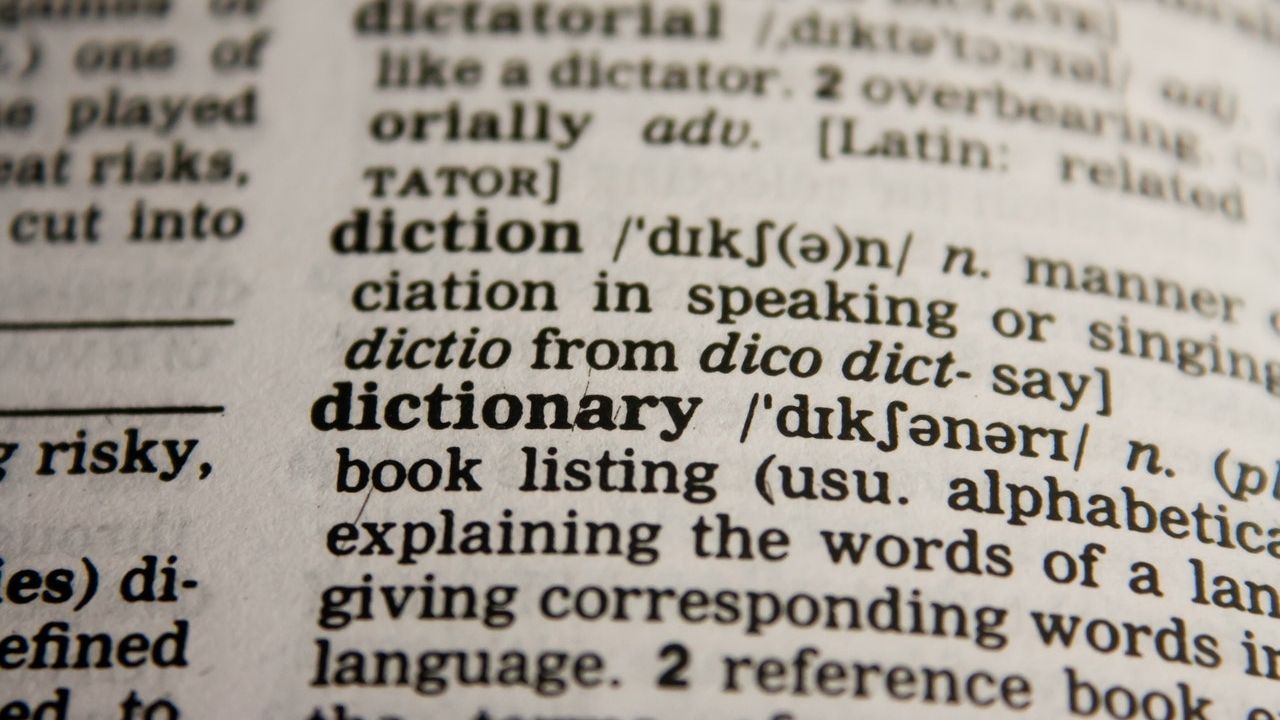Chile registered the worst drop in its history in English proficiency, since the PPE (English Proficiency Index), which is the tool that classifies countries according to their language proficiency, made its first measurement in 2011.
In the 2021 version of the ranking developed by EF Education First, our country was in the position 47 out of a total of 112 countries, although it maintained its level of “moderate dominance”, achieving a score of 516 points, Unlike the 523 achieved in 2020, with which it achieved 37th place worldwide.
In the Latin American context chili it also descended. In the last report of 2020, our country ranked second after Argentina, the undisputed leader in recent years, while in the most up-to-date version our country was surpassed by Bolivia and Paraguay, being relegated to fourth place. Despite the result of chili, the trend in Latin America was upward, registering improvements in three-quarters of the countries surveyed.
Internally, the regions Metropolitan, from Valparaiso and Biobio -coincidentally the most populated- were the ones that led the ranking, while Arica and Parinacota, Tarapacá and Aysén They were the areas with the least English proficiency. Regarding cities and in line with the leadership of their respective regions, Santiago, Viña del Mar and Conception showed the highest handling, while La Serena, Antofagasta and Copiapo they were the worst evaluated.
Pablo Parera, General Manager of EF Education First Chile, explain what “The benefits of English are invaluable, and many of them in some parts of the world went into the background during the pandemic. Societies that speak better English tend to be more fair and open and it is already a proven fact that those who live in the city also have a better management ”.

The report also recorded other dimensions such as gender and age. In this sense, Chileans obtained a score of 526, 20 points more than Chileans, and the gap by generation had marked differences between the age ranges of greater dominance (21-25 years, with 544 points and 26-30 years with 540 ), compared to 18-20 years, who achieved 504 measurement points, and those over 41 years, a group that registered only 470 points. This last segment was the only one in Chile, which was below the world average, which reached 500 points.
The researcher and doctor of linguistics Giorgio lemmolo, who, in addition to the Director of Academic Administration for Europe, South Africa and Costa Rica for EF Education First, explains that “Almost all countries in Latin America have improved their level of English among adults during the last decade and, although the progress has not always been spectacular, it has been regular. To consolidate these advances, women’s English proficiency needs to reach the same level as men’s, and the widening skills gap between genders in the region is not sustainable. This may explain the decline in Chile, since the pandemic increased the gender gap ”.

At the global level, the classification of PPE 2021 was led by Netherlands, Austria and Denmark, that regardless of the pandemic they were able to increase their score compared to the 2020 report.
“Despite the decrease in travel, English continues to facilitate cross-border communication and cooperation, as well as allowing new ways of working. This year’s EF EPI is more comprehensive than ever, providing valuable information for governments to assess their language learning policies and highlight strategic areas for improvement. “ said Kate bell, author of the EF English Proficiency Index.
The 2021 edition of EF EPI was based on data from more than 2 million people worldwide, who took the EF Standard English Test (EF SET, free) or one of the English level tests in 2020.

















